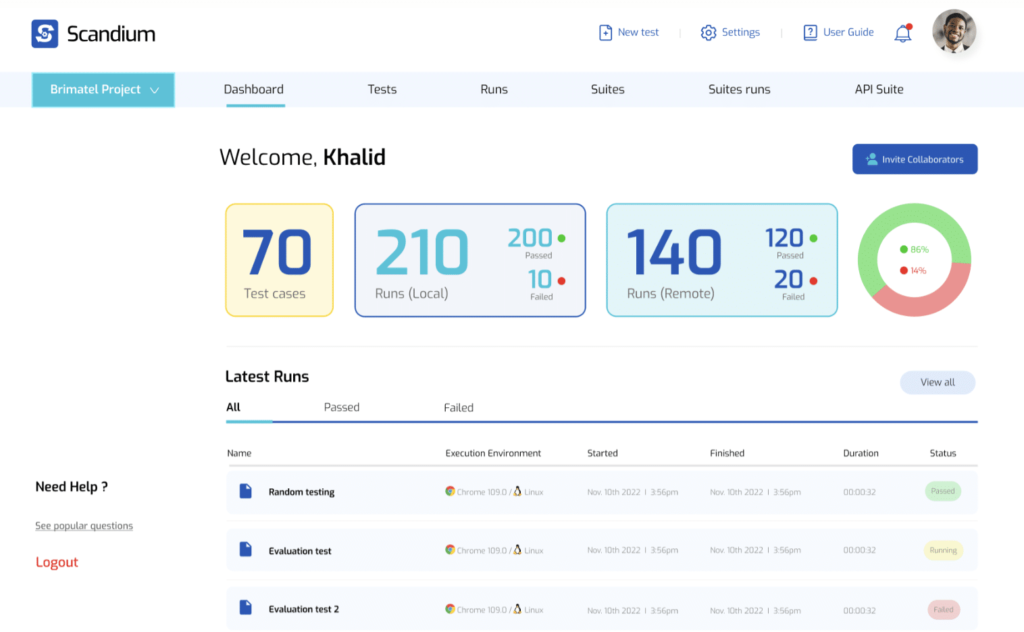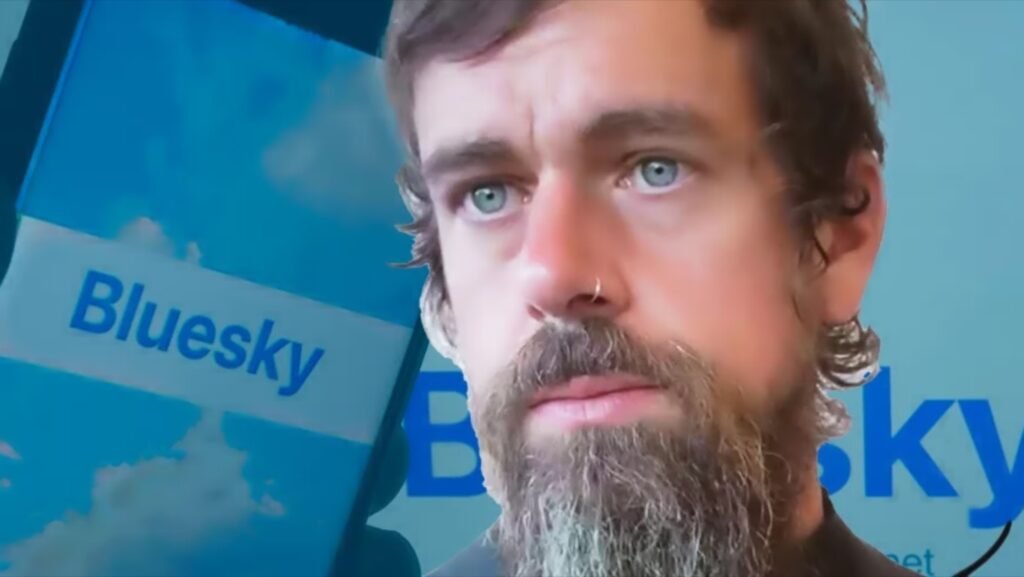Abdulazeez Ogunjobi, a self-described restless entrepreneur with a passion for innovation, has a track record of founding multiple startups, including SimbiBot, Charistouch Technologies (later acquired by Cars45), and Fixit45. However, Ogunjobi’s journey as a serial entrepreneur is far from over. His latest venture, Scandium, a software testing startup, has achieved profitability within just a year of its inception.
Scandium’s journey to profitability began even before its official launch. Ogunjobi, along with his co-founder, Sodeeq Elusoji, introduced the idea for Scandium on LinkedIn, which caught the attention of a Chief Technology Officer (CTO) at a bank. This early interest underscores the significance of software testing, a process that ensures the quality and functionality of software products.
The software testing industry is a substantial market, valued at $51 billion, with competitors like HikeQA generating recurring revenue of $14.1 million annually. Despite facing competition from well-established companies outside Africa, Scandium enjoys a distinct competitive advantage—simplicity. Scandium’s approach to software testing streamlines the process, automating subsequent tests after the initial one, making it easier and accessible for anyone to become a software tester.
Scandium’s growth trajectory is impressive, with the platform now serving 60 businesses and 800 software testers. Out of these, 25 businesses are paying customers, contributing to the startup’s revenue. In its first year, Scandium generated $120,000 in revenue, with a remarkable 90% gross profit margin. Looking ahead, the startup aims to continue growing its revenue figures annually, with plans to secure external funding to fuel its expansion.
The founders’ experience and financial resources have been instrumental in Scandium’s growth so far, but Ogunjobi and Elusoji are now seeking investment to accelerate their progress. Their acceptance into the Baobab Network accelerator is a promising step toward securing the necessary funding.
However, building something innovative in Africa comes with its challenges. One of Scandium’s primary obstacles is the lack of awareness and understanding of software testing in the region. Ogunjobi likens this challenge to what product designers faced in 2015 when the importance of their role was not widely recognized. Scandium is committed to educating both potential customers and the broader African market about the value of software testing, particularly in producing high-quality, bug-free products, even at the MVP stage.
This educational effort requires time and resources, and the founders have had to explain the importance of software testing to potential investors. Consequently, they are selective about the investors they seek, preferring those who grasp the significance of their work. Scandium is already generating revenue, so the need for extensive funding is limited.

Another challenge for Scandium is pricing, which presents a dilemma. While large companies can afford premium subscription fees, Scandium doesn’t want to price out smaller companies that could contribute to the platform’s growth and virality. To address this, Scandium has adopted a freemium model, allowing smaller companies to use the platform for free initially, with the option to pay as they grow.
Fortunately, Scandium has attracted a mix of deep-pocketed international and local clients, including First Bank of Nigeria and Cathay Bank. Ogunjobi remains optimistic about Scandium’s future, noting that he has always surrounded himself with smart individuals and aims to replicate his past successes with this new venture.








